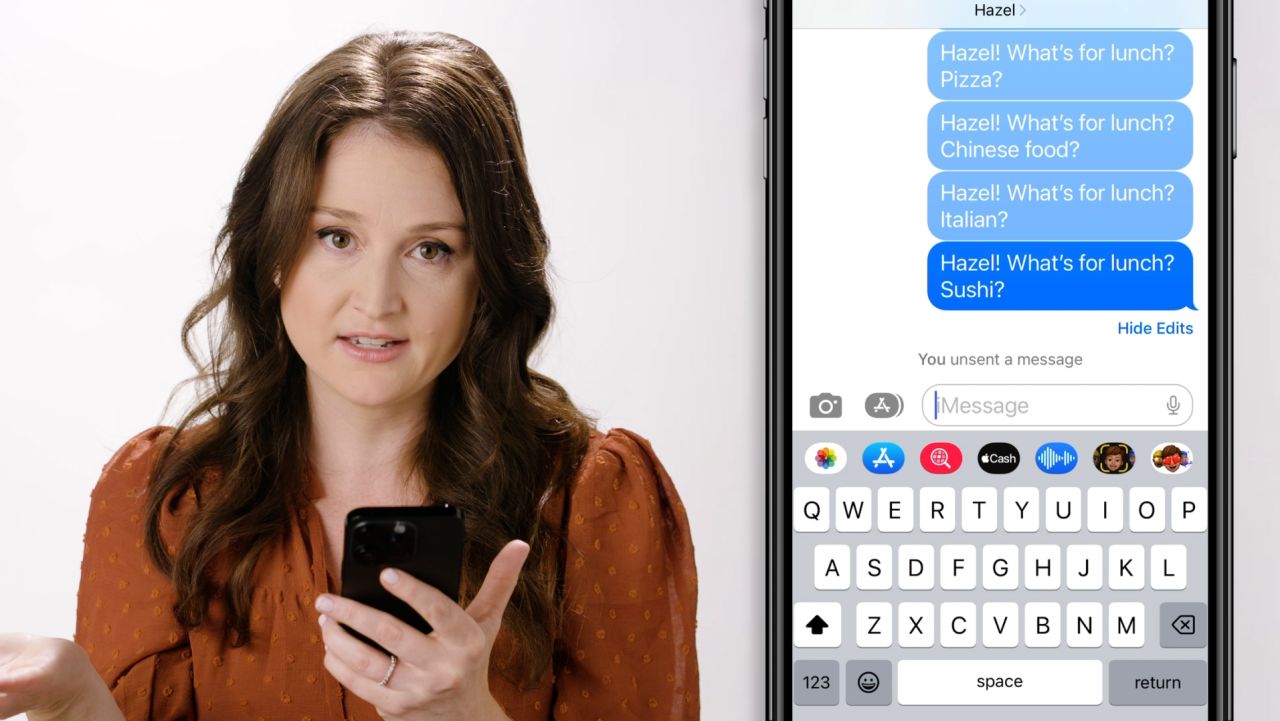A landmark law requiring Apple and other electronics makers to adopt USB-C as a universal charging standard in the European Union has cleared its final procedural hurdle, after EU member states voted to approve the legislation on Monday.
The new law, which is targeted at smartphones, tablets, digital cameras, portable speakers and a wide array of other small devices, is the first of its kind anywhere in the world. It aims to streamline the number of chargers and cables consumers must contend with when they purchase a new device, and to allow users to mix and match devices and chargers, even if they were produced by different manufacturers.
Apple could be among the most affected by the legislation. The iPhone maker has historically required users to charge its mobile devices using a proprietary charging connector known as Lightning; under the new rules, Apple would be forced to migrate away from Lightning in its devices sold in the EU. That change, which Apple is reportedly testing for iPhones, could potentially extend to devices Apple sells in other markets as well.
The EU law must still be signed by the presidents of the EU parliament and European Council, according to a release, but those are considered formalities. Earlier this month, the legislation received final approval from EU lawmakers.
In addition to covering new, small electronics going on the market at the end of 2024, the rules will also extend to larger electronics such as laptops beginning in 2026. It will also commit European officials to streamlining standards for wireless charging, a technology that is only just becoming more widespread.








